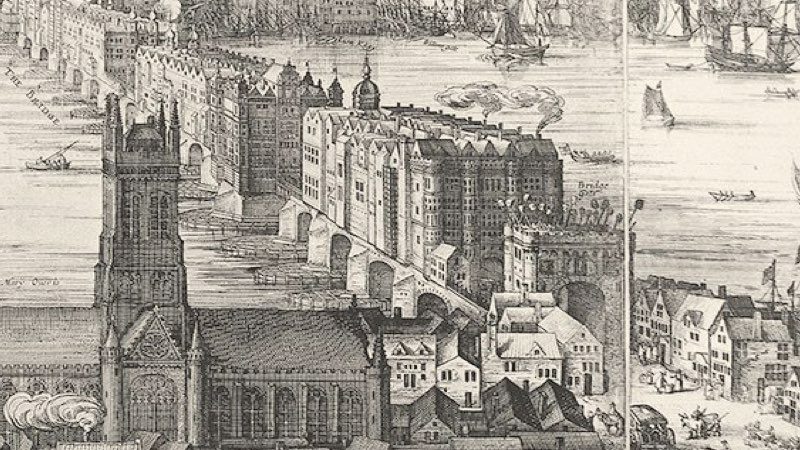
The Life And Ministry Of John Adams
John Gadsby, “Memoirs Of Hymn-Writers And Compilers”:
John Adams was born at Northampton, in the year 1751, of poor industrious parents. His mother, who was a good woman, was a member of the Baptist church under John Ryland, sen. They had two sons. The elder died young; but the younger, John, was put apprentice to an ironmonger in the same town. His master was so satisfied with his conduct, that he left off business in his favor. When 18 years of age, it pleased God to enlighten his mind by his Spirit, and call him into the grace of Christ. He then joined the church under Mr. Ryland, and continued a consistent member after Mr. Ryland left, his son, Dr. Ryland, succeeding him. When Mr. A. Fuller’s work on the Gospel came out, Dr. R. espoused his views, and Adams firmly opposed him, and accused him of changing his principles, when Ryland said he had preached what he had not believed. Dr. Gill’s Commentary, which was in the table pew for the use of members, Dr. R. had removed, observing that it was only fit for ministers. Adams at that time, 1791, wrote some lines which he called “A Lamentation.” For this poem and for receiving Mr. Huntington into his house, Dr. R. and his church excommunicated him; and Mr. H. wrote a book in his defence, entitled, “Excommunication.” The people not only cast Adams out, but persecuted him in every way, even injuring him in his business; and so far was Dr. R. carried by his zeal, that he publicly wished his people not to have any dealings with him. Adams often said he was fed by ravens, and after many a meal would exclaim, “The Lord has given me another good dinner. No thanks to John Ryland.” After this affair, he purchased two houses and converted them into a meeting-house, which Mr. Huntington, going from London for the purpose, opened. It was supplied, and I believe is to this day, with preachers of a free-grace gospel. In the year 1811, Adams left off business and removed to London, in order to hear Mr. Huntington, and was received by him into communion. After Mr. H’s death, Adams went to Olney, in Buckinghamshire, and from thence to Newton Blossomville, near Olney, where his son was curate. He afterwards returned to Northampton, and remained there until it pleased God to take him to himself, May l5th, 1835. He died full of joy, having no fear of death, and in full assurance of being forever with the Lord. He was in his 84th year, and had been 66 years a follower of the Lord Jesus Christ. His life was unblameable. He outlived both Dr. Ryland and the 20 members who signed his excommunication. He never published any book, but some of his hymns were inserted in the “Gospel Magazine;” and his son, who is now vicar of Thornton, near Market Bosworth, has in his possession many of Adams’s hymns and poems which have never been published. In addition to those which have been inserted in various selections, and to which Adams’s name has usually been attached, the one commencing, “Jesus is our great salvation,” was written by him, though it has not until now been acknowledged as his.”
John Adams (1751-1835) was a High-Calvinist business-man and hymn-writer. He never served the office of Gospel Preacher. He was converted to Christ under the gospel ministry of John Collett Ryland, having joined the church thereafter. However, when John Ryland Jr (the aforementioned pastor’s son) assumed the pastorate after his father resigned, he replaced his father’s high views of sovereign grace with the pernicious teachings of Andrew Fuller. Adams stood against the change, himself being excommunicated from the church. He later moved to London and became a member of William Huntingdon’s church.



